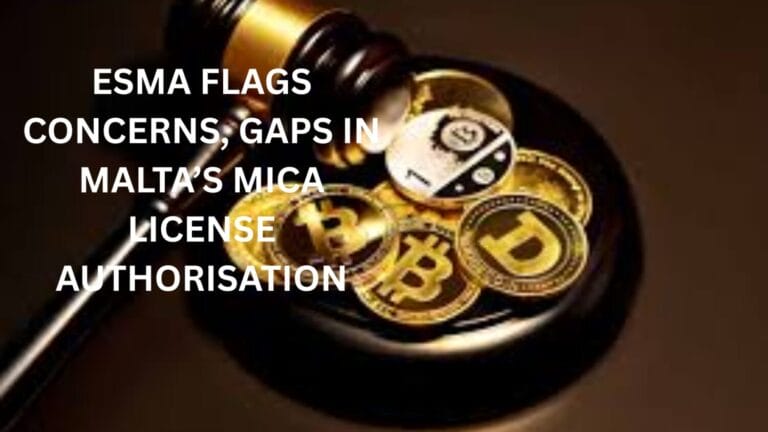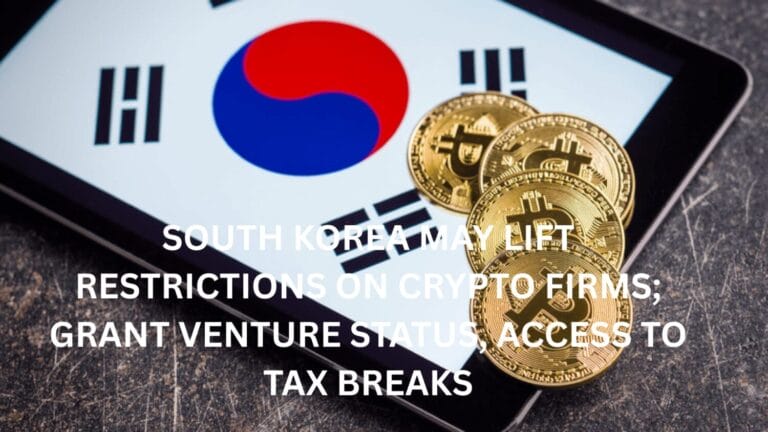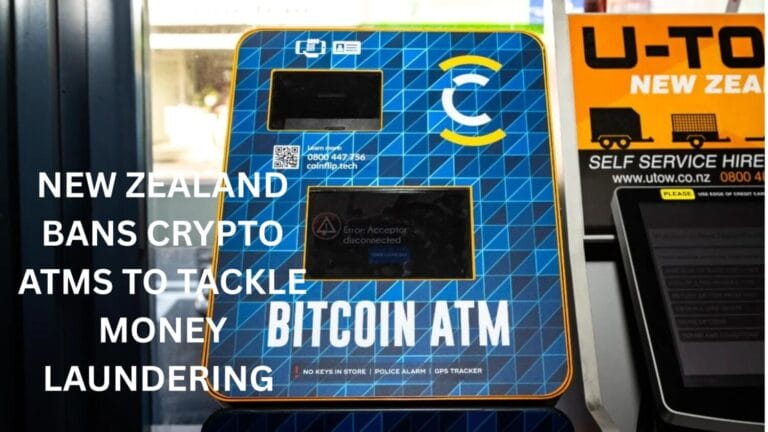Key takeaways:
- The local securities authority claims that Binance has been conducting business in the Philippines without the required authorization or license.
- The issuance price, the kind of securities, and other details are included in this kind of comprehensive information.
The local securities authority claims that cryptocurrency exchange Binance has been conducting business in the Philippines without the required authorization or license.
On November 28, the Philippines Securities and Exchange Commission (SEC) warned the public that Binance is not permitted to sell or offer securities in the nation.
Prior to offering securities for sale to the general public, an exchange such as Binance is required to submit an application for registration and furnish comprehensive details regarding the securities that are being offered. The issuance price, the kind of securities, and other details are included in this kind of comprehensive information.
Securities issuers must register with the Philippines under the Securities Regulation Code (SRC) prior to making their securities available for purchase. The statement adds that in order to sell or offer securities to the public, the issuer should additionally get a secondary license.
“Based on the Commission’s database, the operator of the platform Binance is not registered as a corporation in the Philippines and operates without the necessary license and/or authority to sell or offer any form of securities as defined under Section 3.1 of the SRC.”
Apart from operating without the requisite license, the SEC contended that Binance had been engaging in the criminal promotion of its services within the nation. The regulator issued a warning, using Section 28 of the SRC, that organizations engaged in trading or promotion on Binance would face criminal penalties.
According to Section 73 of the SRC, this is a criminal offense that carries a fine of up to 5 million Philippine pesos ($90,300), a 21-year jail sentence, or both.
Three months ago, several users on social media described Binance’s local services as “reliable and stable,” suggesting that the company has managed to maintain its position as a prominent cryptocurrency trading platform in the Philippines even after receiving numerous warnings.
The announcement was made a few days after Changpeng Zhao, the CEO of Binance, resigned and entered a guilty plea in a US court for breaking US anti-money laundering regulations. The Philippine SEC and the US SEC teamed up in September 2023 to fight cryptocurrency fraud.









